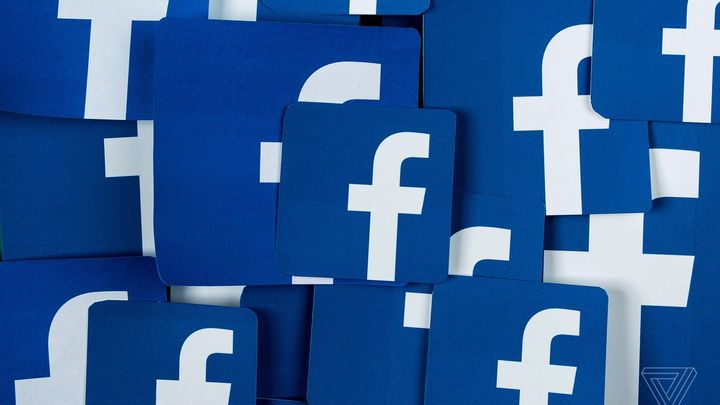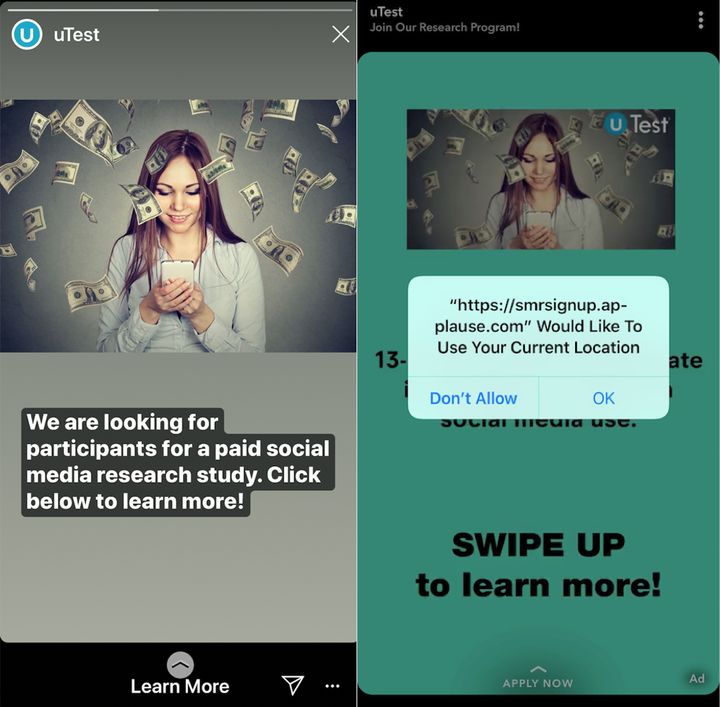Facebook paid users for sensitive data
Tech Crunch reports that Facebook used a special app to collect the data of its users for money.


IN A NUTHELL:
- Facebook has launched a special program, where it paid some users for their sensitive data;
- The portal was interested in customers aged 13-35;
- The data collection app was removed from the AppStore.
Facebook does not have a very good press recently – mainly due to numerous scandals related to manipulation, illegal sharing of users' sensitive information or other ethically questionable practices. It seems like there’s a controversy behind every proverbial corner when it comes to Mark Zuckerberg's website. Today is no different – as Tech Crunch reports, Facebook decided to pay some users for.... access to their private data.
The issue revolves around the Facebook Research app for iPhones, which was used by the company to collect data on the daily use of the phone (the app is no longer available - it was removed by Apple after the aforementioned article was published, due to rule violation – improper use of the Enterprise Developer Program tool). The company paid $20 a month for the date, and interestingly, its interest was limited to customers aged between 13 and 35.

The app had access to such details as private e-mails and messages, user locations, as well as Amazon shopping history. There is no certainty as to what the data has been used for, but with Facebook's predominantly ad-based business model, we can allow ourselves to make a fairly reliable assumption on this issue. The company admitted to the practice, emphasizing at the same time that everything was completely legal.
Despite early reports, there was nothing ‘secret’ about this; it was literally called the Facebook Research App. It wasn’t ‘spying’ as all of the people who signed up to participate went through a clear on-boarding process asking for their permission and were paid to participate. Finally, less than 5 percent of the people who chose to participate in this market research program were teens. All of them with signed parental consent forms,” as we read in Facebook’s response to Tech Crunch.
And what do you think about such practices? Are they acceptable or should they be ceased? Or should they only cover adults?
0
Latest News
- This is expected to be the biggest year in the company's history. Blizzard prepares an offensive that will overshadow previous years
- Bethesda envied CD Projekt RED? Starfield may undergo a Cyberpunk 2077-style metamorphosis
- Season 2 has just started, and Todd Howard is already writing the script for the third one. Fallout 5 will be changed by the TV show
- 5 games to grab on Amazon Prime Gaming. Among them, a collection of RPG classics
- My experience attending the 2025 Game Awards, and why I loved it

